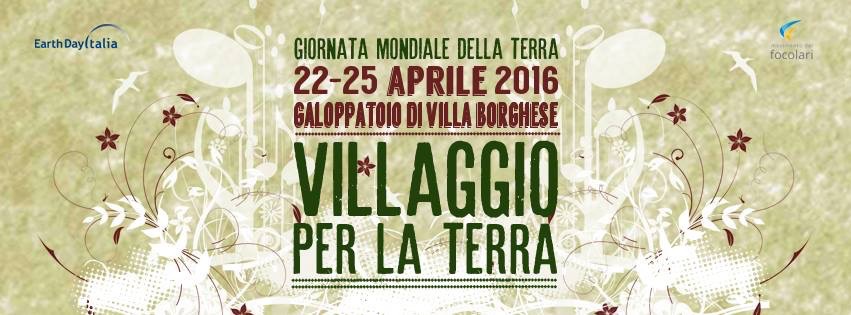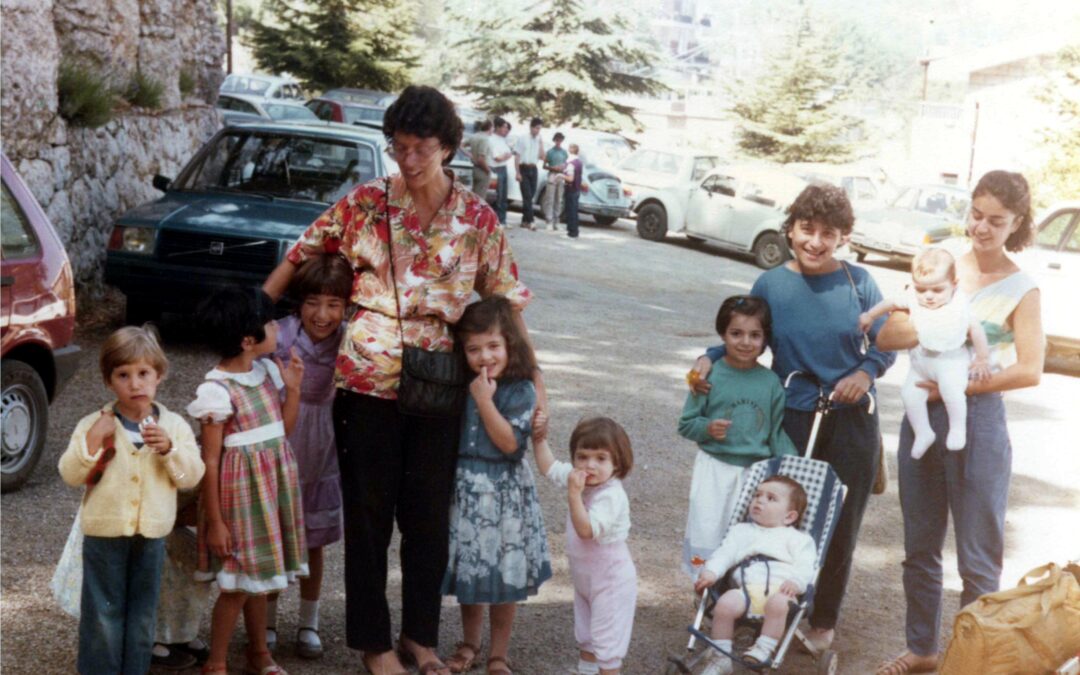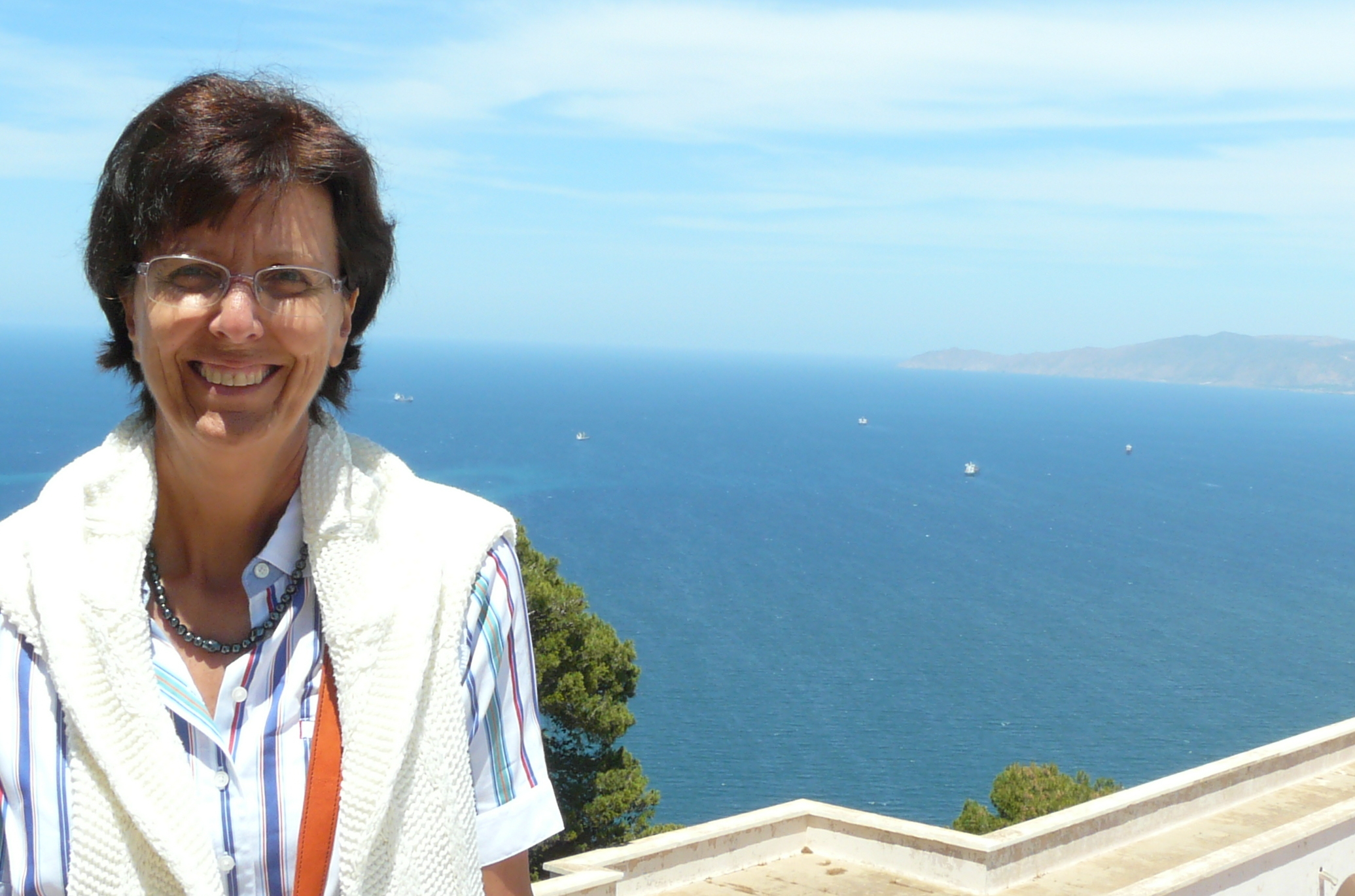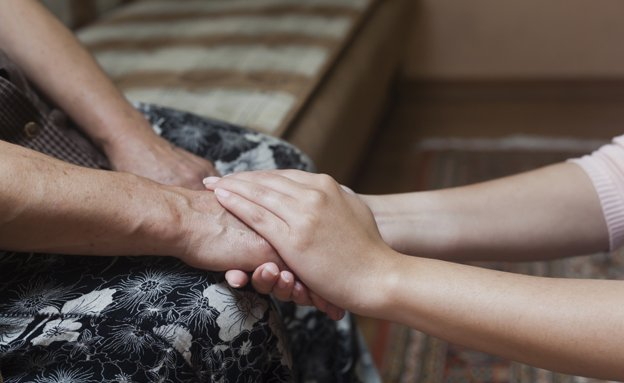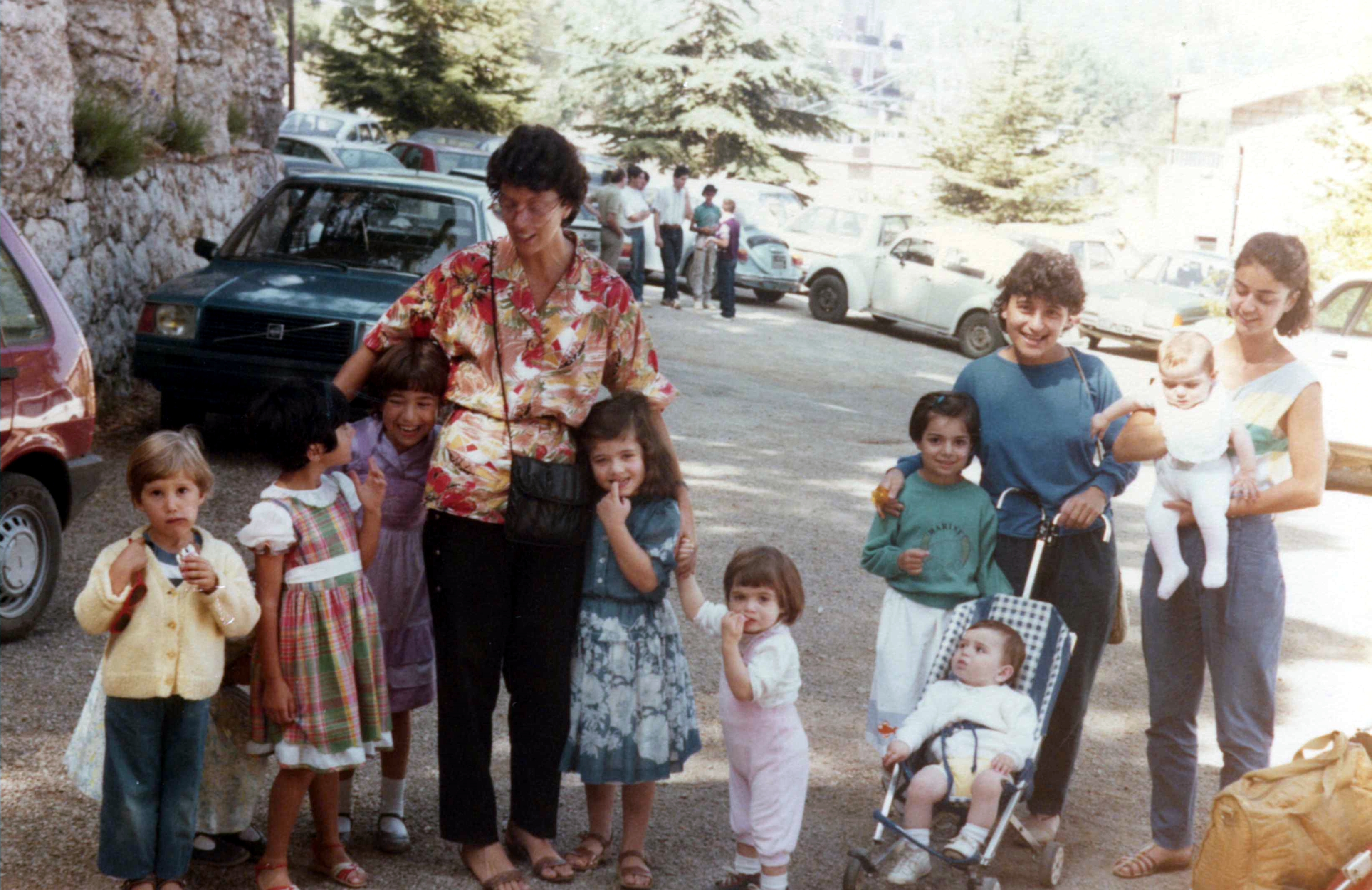Events around the world celebrating the 8th anniversary of the death of Chiara Lubich on March 14, 2008
March 5, 2016, Brescia, Italy At the Catholic University: “Paul VI And Chiara Lubich, The Prophecy Of A Church That Makes Itself Dialogue Conference,” organised in collaboration with Paul VI Institute in continuation of the “Make Dialogue Days” held in Castel Gandolfo during November 2014. Among the presenters: Archbishop Vincenzo Zani, Secretary of the Congregation for Catholic Education; Lucia Albignente, who is in charge of the historical sector of the Chiara Lubich Centre; Father Angelo Maffeis, president of Paul VI Institute; Franco Monaco, politician and journalist; Alberto Lo Presti, professor of Political Theory at Sophia University Institute. March 6, 2016, Vicenza, Italy “Beyond The Borders Interreligious Conference” at Centro A. Onisto – Borgo S. Lucia, 51. Speakers: Emeritus Bishop of Aleppo, Armando Bortolaso; Imam of the Islamich community of Veneto, Dr Kamel Layachi and Rita Moussallem from the Focolare’s Centre for Interreligious Dialogue. The event will conclude with a flashmob in Piazza dei Signori. March 6, 2016, Olomouc, Czech Republic At the Catholic Chancery, a Cultural programme on the figure of Chiara Lubich as a sower of peace, followed by the celebration of the Mass by Archbishop Jan Graubner in cathedral. March 8, 2016, Ischia, Italy At the island’s Multi-Purpose Auditorium, 19:30, an evening programme on Work & Neigborhood. Civil engineer, Patience Mollè Lobè and business owner, Antonio Diana will be among the presenters. The moderator will be Carlo Cefaloni, Città Nuova journalist and expert on workplace dynamics. March 11, 2016, Caserta, Italy Music, testimonies and theater, at the Reggia di Caserta, 19:30, a reflection on the life and thought of Chiara Lubich titled: “The great attraction of the modern time”. Through the collaboration of the Diocese and the Directors of the Reggia. March 11, 2016, Rosario, Argentina A meeting at the Catholic University of Argentina (UCA) will reflect on the influence of the charism of unity on education. Presenters include: Dr Nieves Tapia, Coordinator of the Latin American Centre for Service Learning (CLAYSS). March 11-12, 2016, Fontem, Cameroon Workshop with music, drawing, poetry and theatre on “Chiara and Peace” for the students of 20 schools that belong to the Peace Education Project. Awards for the best pieces and for significant gestures of peace by the students themselves. The event will also be attended by civil authorities, traditional and religious authorities. March 12, 2016, Garden Grove, USA At Christ Cathedral, Garden Grove, holy Mass celebrated by Bishop Kevin William Vann, from the Diocese of Orange. In the afternoon, at the Academy Gym, a meeting on multiculturalism with representatives from various religions and ethnicities. March 12, 2016, Caracas, Venezuela Presentation of Chiara Lubich as a builder of dialogue and peace, who was awarded the 1996 UNESCO Peace Prize. The event will take place at the Institute For Religious Education (ITER) with people from different Churches. March 12, 2016, Brasilia, Brazil At the Paulist University (UNIP), at 15:30, 1996 UNESCO Peace Prize to Chiara Lubich. Followed by three moments of reflection: building peace in our personal relationships; in the dialogue amongst churches and religions and, in collaboration with the Institute of Immigration and Human Rights (IMDH), with mirgrants and refugees. Entrance fee: 1 kg of food for Haitian immigrants. March 12, 2016, Todi, Italy Tenth anniversary of the conferment of honorary citizenship on Chiara Lubich, at 15:30, in the Council Hall: “A Humanised Economy”, which will reflect on the Economy of Communion Project that was conceived by Chiara Lubich. Besides the Mayor of the city, interventions will be made by the President of the Region of Umbria, Cardinal Ennio Antonelli, Dr Giuseppe Argiolas and two business owners: Andrea Cruciani and Antonio Baldaccini. March 12, 2016, Castel Gandolfo, Italy At the Mariapolis Centre (Via de La Salle), 17:30, a programme of reflection on “The Culture Of Dialogue As A Means Of Peace.” The invitation is extended to ecclesiastical and civil leaders, and to the general public. Besides numerous testimonies, the keynote address will be given by Focolare president, Maria Voce. March 12, 2016, Manfredonia, Italy The 7th Edition of the Manfrodian Chiara Lubich Brotherhood Prize. In attendance: Vera Baboun, Mayor of Bethlehem and Pasquale Ferrara, diplomat and Secretary General of the European University Institute of Florence. Info March 12, 2016, Milan, Italy “Me Through You” Event, highlighting how the search for peace brings us closer to others and to our true self. The event will take place in three half-hour sections, each in a different location and at different times so that everyone can attend all the sections: at the Basilica of Saint Ambrose; Daughters of Mary Help of Christians Institute; Gonzaga Institute. Info March 12, 2016, Sarajevo, Bosnia Herzergovina An Open Day at the School of Theology dedicated to Chiara Lubich: “The Message of Dialogue and Peace.” Participants include people of Christian confessions, other faiths and people with no religious affiliation. Archbishop of Sarajevo, Cardinal Vinko Pujic, will celebrate Mass in cathedral. March 12, 2016, Genoa, Italy In the Minor Council Hall of the Piazza Ducale, a discussion on the Encyclical Letter Laudato si’ during a programme titled: “Religions Dialogue For Peace And the Environment.” Presenters will include: President of the Islamic Community of Genoa, Huseim salah; Chief Rabbi of Genoa, Giuseppe Momigliano; Buddhist monk, Gnanathilaka Mahauswewe; environmental engineer, Andrea Ponta; from the Focolare’s Centre for Interreligious Dialogue, Roberto Catalano March 12, 2016, Milan, Italy “Me Through You” Event, highlighting how the search for peace brings us closer to others and to our true self. The event will take place in three half-hour sections, each in a different location and at different times so that everyone can attend all the sections: at the Basilica of Saint Ambrose; Daughters of Mary Help of Christians Institute; Gonzaga Institute. Info March 12, 1016, Solingen, Germany At Zentrum Frieden Mariapolis Centre, “Living together in diversity”. The German Movement for Unity in Politics invites everyone to a roundtable with politicians and city administrators. It will be followed by a discussion on the integration of refugees. March 13, 2016, Kikwit, Democratic Republic of the Congo The city Mayor will the event at the Jesuit School where, in the presence of civil and religious authorities, a reflection on Peace and the Light of the Charism of Unity will be held. An event under the same title will be held the same day in Goma, Lubumbashi and in 16 cities of the Democratic Republic of the Congo March 13, 2016, Kinshasa, Democratic Republic of the Congo In the Great Hall of the Catholic University, in the presence of religious leaders from different Churches and religions, the academic and diplomatic world, a discussion on Chiara as Woman of Peace. An intervention will be given by the UNESCO representative in the Democratic Republic of the Congo. March 13, 2016, San Salvador, El Salvador Roundtable on “Peace that is born from dialogue” at the Università F. Gavidia, in the auditorium of Edificio E, 9:00 – 12:00 March 13, 2016, Lisbon, Portugal At the Franciscan Cultural Centre, a roundtable on ‘Chiara and Peace’ with members of the National Peace and Justice Commission, Dr Pedro Vaz Patto, President, Dr Graça Franco and António Marujo, journalists. March 13, 2016, Melbourne, Australia At the Mariapolis Centre, a celebration titled “Build peace in your own environment” , including testimonies on welcoming refugees. Presentation of Mark Ruse’s documentary film: “Politics for unity: making a world of difference”. Those in attendance include: Vicar General of the Diocese, Msgr Greg Bennet and leaders of ecclesial movements operating in Australia. March 13, 2016, Bujumbura, Burundi At Scheppen High School of Nyakabiga : “Merciful Like The Heavenly Father, Building Peace.” Presenters include: the Archbishop of Bujumbura, Evariste Ngoyagoye. March 13, 2016, Vung Tau, Vietnam Annual Mariapolis in Vietnam, in the presence of the Bishop, Joseph Tran Văn Toan, who will celebrate the Mass. The programme will also include the presentation of a documentary film on Chiara Lubich: Story, Charism, Culture. March 14, 2016, Houston, USA “Unity In Diversity” Interreligious Conference at 19:00 in the St. Thomas University, preceeded by the celebration of Catholic Mass in St. Basil Chapel by the Archbishop of Galveston-Houston, Cardinal Joseph Anthony Fiorenza. Presenters include: Cardinal Fiorenza; Imam Qasim Ahmed from the Islamic Institute; Rabbi Steve Morgen from the Beth Yeshurun Congregation; Therese Lee from the Focolare Movement. Info March 14, 2016, Manila, Philippines During the 50th anniversary celebration of the arrival of the Focolare in Asia, at De La Salle University, a symposium title: “The Charism Of Unity, A Timeless Legacy.” Numerous religious and civil leaders will present the reflections on Chiara Lubich’s contribution to the unity among Churches, religions, in society, an on Gospel reciprocity as a lifestyle that creates brotherhood. March 14, 2016, Rome, Italy At the Shrine of Our Lady of the Divine Love, at 18:30, Mass celebrated by Cardinal João Braz de Aviz, Prefect of the Congregation for Consecrated Life. Info March 14, 2016, Trent, Italy At the Demarchi Foundation, presenation of the book by I. Pedrini: “L’altro Novecento: nella testimonianza di Duccia Calderari.” Duccia’s biography, one of the first witness who followed Lubich in the birth of the Focolare, gives the opportunity to: Monica Ronchini, researcher; Giuseppe Ferrandi, Director of the History Museum of Trent; and Lucia Fronza Crepaz, ex-parliamentarian – to reflect on Chiara as a builder of peace. March 14, 2016, Havana, Cuba At Fray Bartolomé de las Casas Cultural Centre, a presentation of the figure of Chiara and peace, in the presence of Apostolic Nunzio, Archbishop Giorgio Lingua. Follwed by a concert by the Ars Longa Ancient Music Group. March 14, 2016, Verona, Italy At the Palazzo Gran Guardia: presentation of the “Chiara Lubich For A Culture Of Peace Brotherhood Prize, in the presence of Muslim theologian, Sharharzad Houshmand; Professor at the University of Padua, Giuseppe Milan; journalist Aurora Niosia March 16, 2016, Rome, Italy At the Chamber of Deputies, presentation of a manifesto with concrete proposals for peace, disarmament and industrial conversion.To receive it in Parliament, Youth for a United World who, with the Movement for Unity in Politics and participating schools, promoted the project, along with several deputies, the President of the Chamber, Boldrini and Exterior Minister, Gentiloni. March 16, 2016, Seville, Spain At the Metropolitan Seminary, Dr Manual Palma, vice director of the Theological Union of Seville, will speak on Jesus, Prince of Peace in the Spirituality of Chiara Lubich. Followed by a discussion on peace in Islam to be held by Imam Allah Bashar from the King Abdul Aziz Al Saud Mosque of Marbella, Malaga). He will also talk about his relationship with Chiara Lubich. March 18-20, 2016, Milan, Italy At the Fieramilanocity, during the international fair, an exposition on the Economy of Communion, presenting Lubich’s message of peace that continues to reach today’s world. Info March 19, 2016, Perth, Australia At Northbridge Square, screening of a video clip on “Peace” produced by young people, and a signature campaign appealing for peace #Signup4peace.

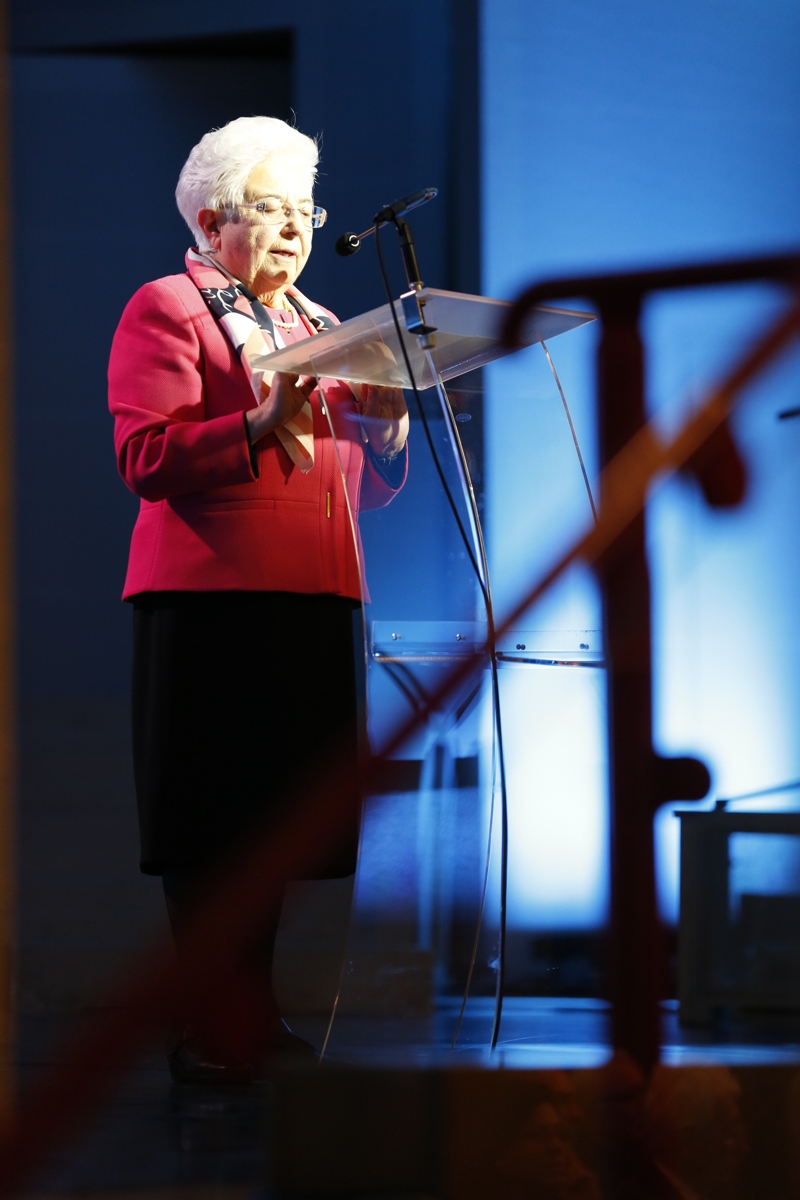 “What we wish to do today is not so much remember as to review together, after 20 years, the content and method which Chiara outlined at UNESCO on the 17th December 1996 on a subject which is more than ever relevant to international relations, education for peace. On that occasion UNESCO conferred on the founder of the Focolare Movement a special prize awarded to those whose work contributes to creating pathways and conditions whereby peace may become something real.” Maria Voce, the President of the Focolare, recalled that event in her talk given on 12th March at Castel Gandolfo, during
“What we wish to do today is not so much remember as to review together, after 20 years, the content and method which Chiara outlined at UNESCO on the 17th December 1996 on a subject which is more than ever relevant to international relations, education for peace. On that occasion UNESCO conferred on the founder of the Focolare Movement a special prize awarded to those whose work contributes to creating pathways and conditions whereby peace may become something real.” Maria Voce, the President of the Focolare, recalled that event in her talk given on 12th March at Castel Gandolfo, during 